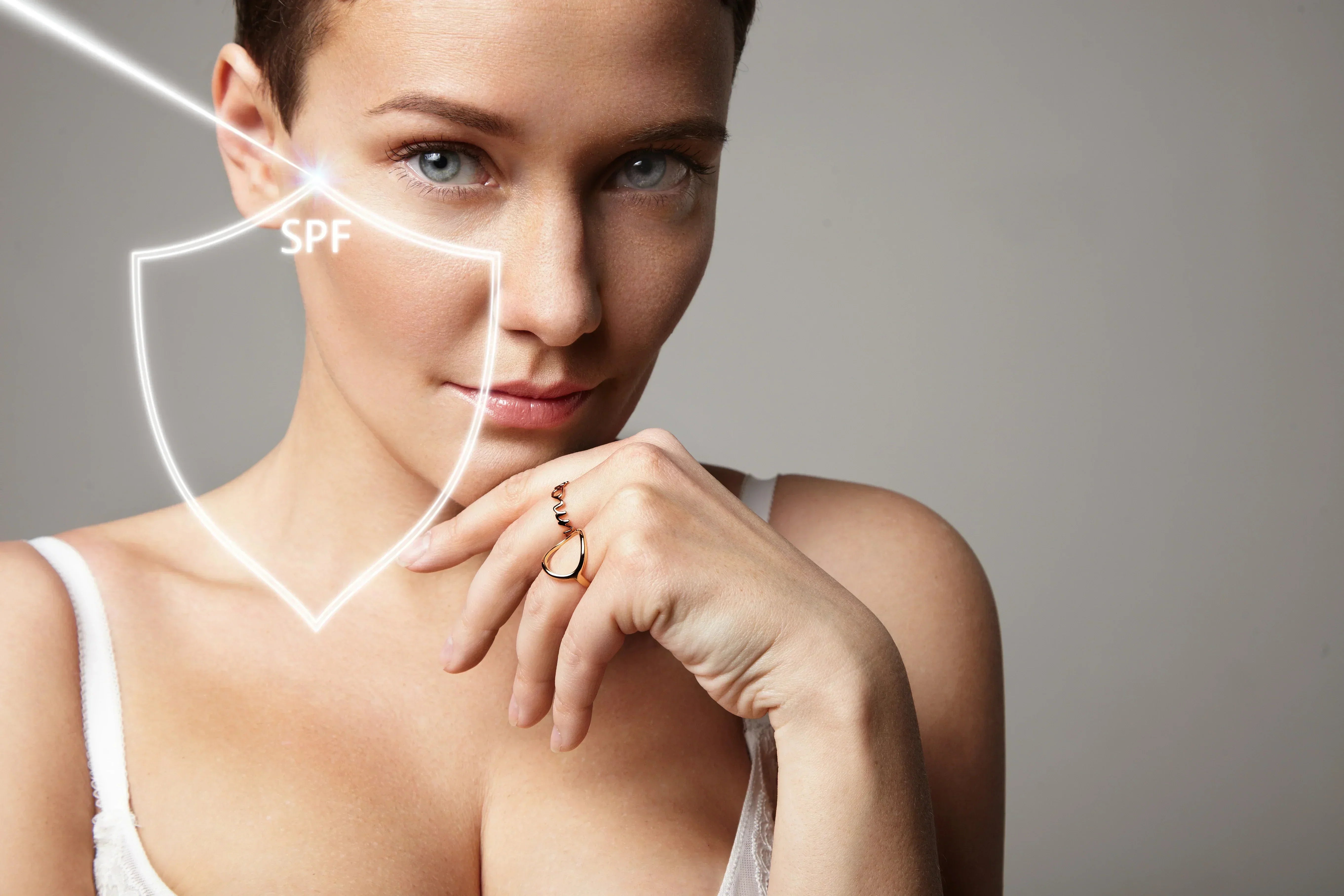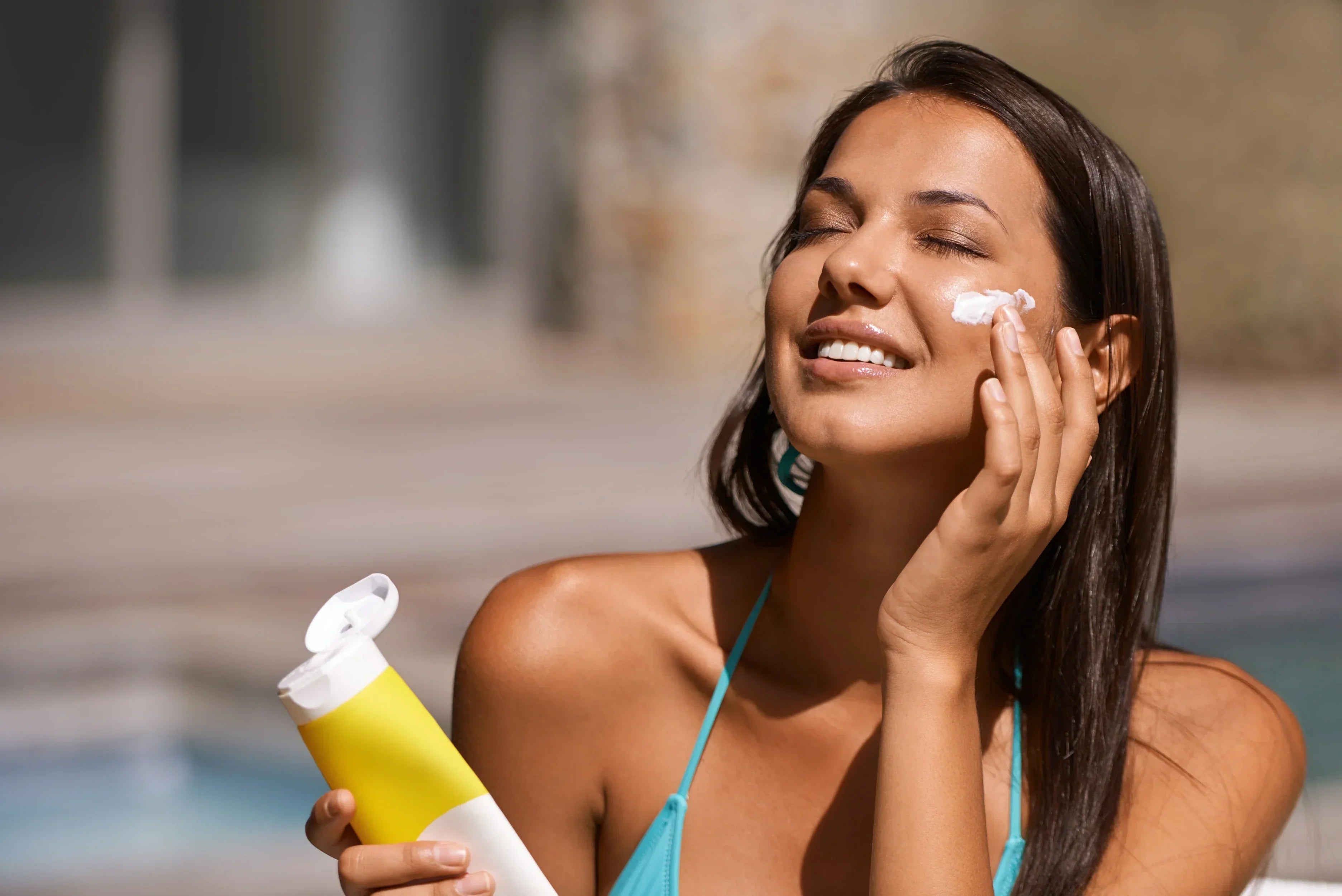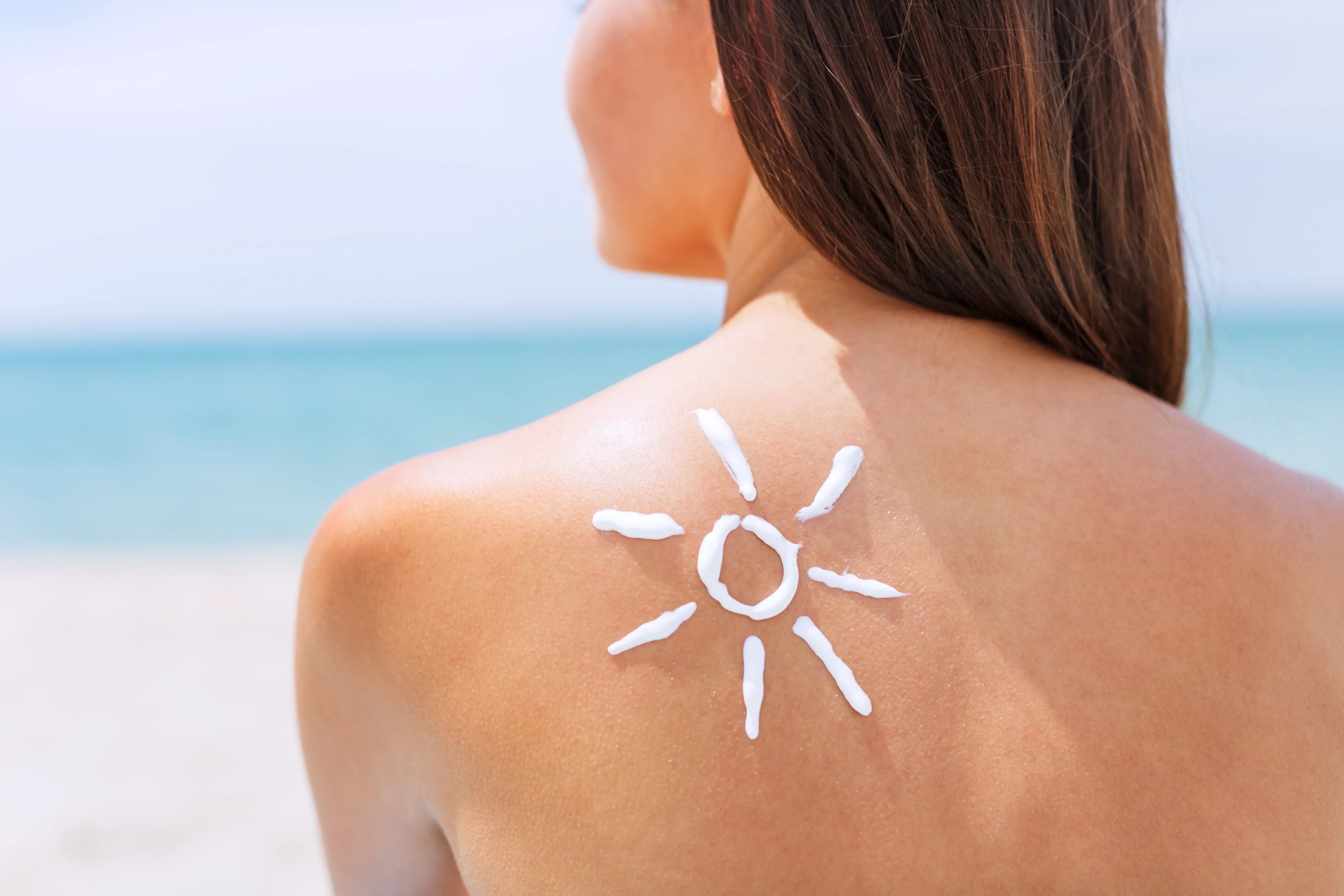
What is the difference between SPF 30 and 50
Sun protection is one of the most important aspects of skincare, regardless of your age, location, or skin type. When selecting a sunscreen, one of the most common questions people ask is: "What’s the difference between SPF 30 and SPF 50?"
At first glance, it may seem like a small difference in numbers. However, understanding what these numbers mean can significantly impact how well you're protecting your skin from sun damage, premature ageing, and even skin cancer.
In this blog, we'll explore the science behind SPF, compare SPF 30 and SPF 50, and help you choose the right level of protection for your lifestyle.
What Does SPF Mean?
SPF stands for Sun Protection Factor. It measures how well a sunscreen protects your skin against UVB rays, the type of ultraviolet radiation that causes sunburn and contributes to skin cancer.
The SPF number tells you how long the sun’s UVB rays would take to redden your skin compared to if you weren’t wearing any sunscreen.
-
SPF 30 means it would take 30 times longer for your skin to burn than without sunscreen.
-
SPF 50 means it would take 50 times longer.
SPF 30 vs SPF 50: How Much More Protection Does SPF 50 Offer?
While it might seem that SPF 50 offers nearly twice the protection of SPF 30, the difference is more subtle:
|
SPF Level |
% of UVB Blocked |
|
SPF 15 |
~93% |
|
SPF 30 |
~97% |
|
SPF 50 |
~98% |
SPF 30 blocks around 97% of UVB rays
SPF 50 blocks about 98% of UVB rays
The increase in protection from SPF 30 to SPF 50 is only about 1%, but that extra 1% can make a difference, especially for:
-
People with very fair or sensitive skin
-
Those with a history of skin cancer
-
Individuals spending extended time outdoors (e.g., beaches, hikes)
-
Children and babies with delicate skin
-
People living in high UV index areas like the UAE, Australia, or India
Differences Between SPF 30 and SPF 50
1. Duration of Protection
Neither SPF 30 nor SPF 50 offers all-day protection. Both should be reapplied every 2 hours, especially after swimming, sweating, or towel drying.
2. Skin Type Suitability
-
SPF 30 is suitable for most skin types during moderate sun exposure (daily errands, indoor-outdoor transition).
-
SPF 50 is better for sensitive or very fair skin and intense sun exposure.
3. Risk of Sunburn
If you’re outdoors for extended periods, SPF 50 offers slightly better resistance to sunburn. However, if improperly applied or not reapplied, both offer limited protection.
4. Formula Options
Both SPF 30 and SPF 50 come in a wide variety of formulas:
-
Creams
-
Sprays
-
Gels
-
Tinted moisturizers
-
Mineral or chemical variants
Choose one that suits your skin type (e.g., non-comedogenic for acne-prone skin) and lifestyle (e.g., water-resistant for beach days)
How to Choose the Right SPF for You
Here’s a quick guide:
|
Condition |
Recommended SPF |
|
Daily indoor use |
SPF 15–30 |
|
Outdoor activity under mild sun |
SPF 30 |
|
Outdoor activity under strong sun |
SPF 50 |
|
Fair, sensitive, or post-treatment skin |
SPF 50 |
|
Tropical or desert climate (e.g., UAE) |
SPF 50 |
Shop SPF-Based Sunscreens at Med7
SPF 50
-
BIODERMA Photoderm SPF50+ Cream
-
Avene Very High Protection SPF50+ Lotion
-
Banana Boat Ultra Protect Faces SPF50
SPF 30
-
ISDIN Fotoprotector SPF30+ Fusion Water
-
La Roche-Posay Mela B3 SPF30 Cream
-
Avene Hydrance Rich SPF30 Hydrating Cream
SPF 30 vs SPF 50 – Which One Should You Use?
While both SPF 30 and 50 provide high levels of protection, SPF 50 gives you a slight edge, especially when exposed to intense sunlight or if you have delicate skin. The key is to use enough sunscreen, apply it properly, and reapply regularly.
The best sunscreen is the one you’ll use consistently. Whether you choose SPF 30 or 50, daily application is your best defence against premature ageing, pigmentation, and skin cancer.
Explore trusted dermatologist-recommended options in the Med7 sunscreen collection to find the perfect fit for your daily routine.
FAQs
Q: Can I mix SPF 30 and SPF 50?
No, mixing does not enhance effectiveness. Choose one based on your needs and apply generously.
Q: Is SPF 50 safe for daily use?
Absolutely. Just ensure it's suitable for your skin type and doesn't clog pores.
Q: Can SPF 30 protect my skin during a beach vacation?
Yes, but it must be broad-spectrum, water-resistant, and reapplied often.
Q: Does a higher SPF mean longer protection?
Not necessarily. SPF doesn’t indicate time it shows protection strength. Reapply every 2 hours regardless of SPF level.



